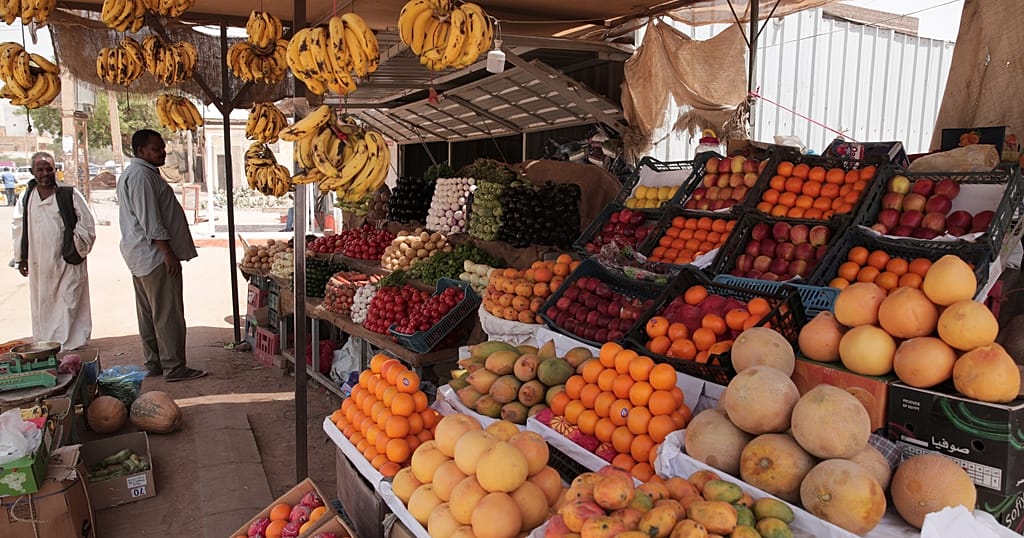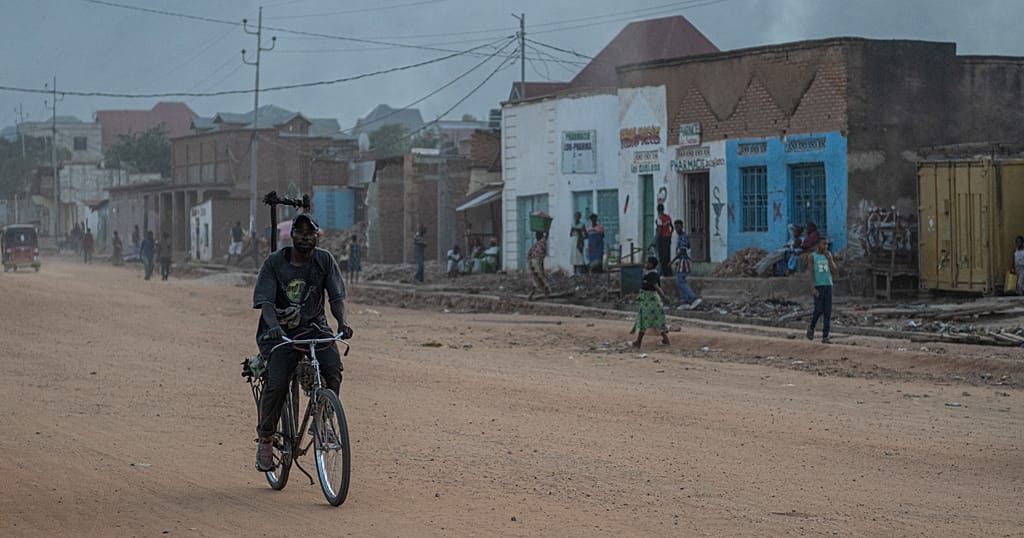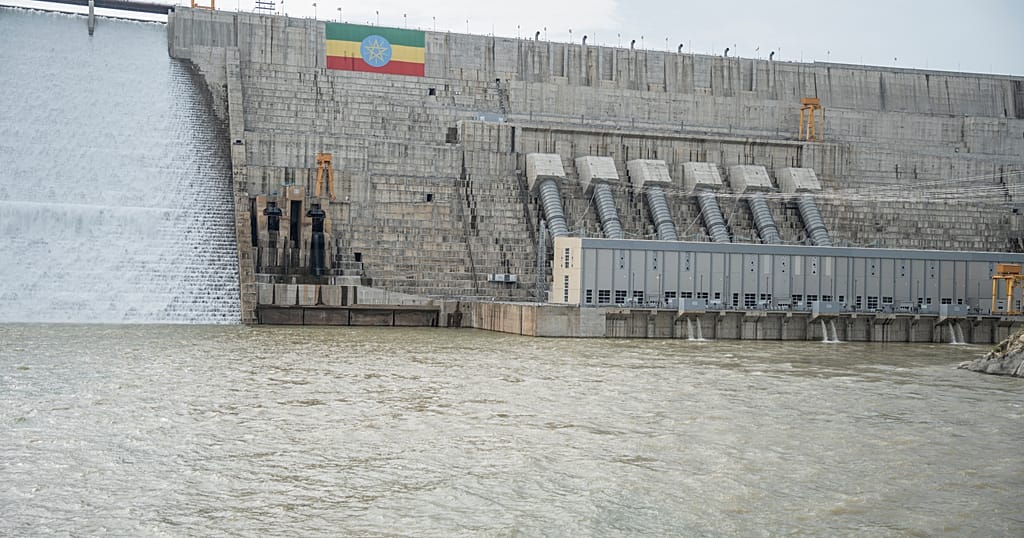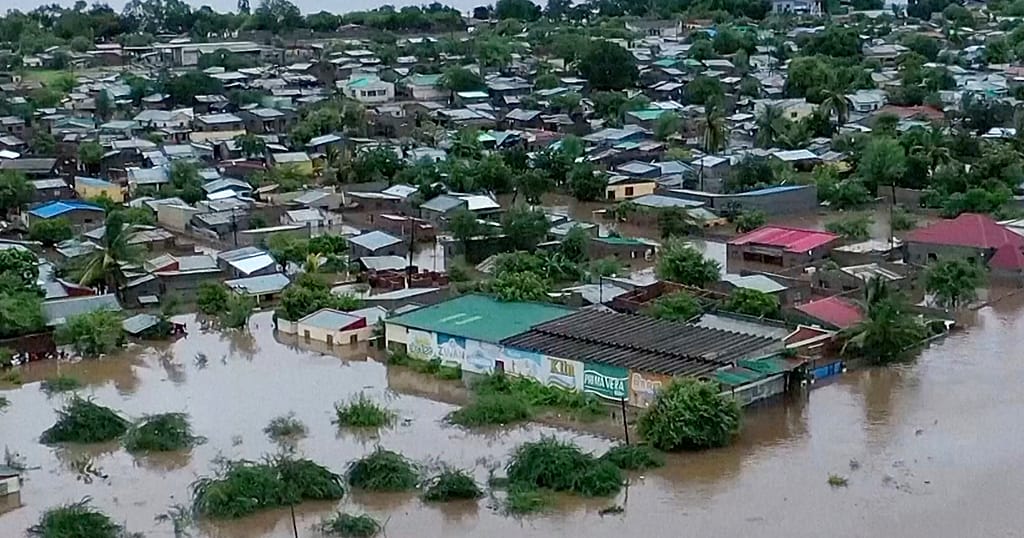New restrictions on international students bringing family to UK come into force

The United Kingdom government’s recent implementation of rules restricting international students from bringing their families to the country has stirred controversy, exacerbating internal divisions within the ruling party led by Chancellor Rishi Sunak.
Effective immediately, the regulations apply to most international students, except those enrolled in postgraduate research courses or holding government-funded scholarships.
Initially announced in May as part of the government’s strategy to curb visa system misuse, the decision is projected to result in approximately 140,000 fewer individuals entering the UK annually.
Recent statistics indicate a surge in student visas issued, reaching 486,000 in the year ending December 2022, compared to 269,000 in 2019. Dependant visas also experienced a significant increase, reaching 136,000 last year, an eight-fold rise from 2019’s figure of 16,000.
Expressing support for the rule changes, Home Secretary James Cleverly emphasized the government’s commitment to reducing immigration numbers and securing borders. He stated, “This will see migration falling rapidly by the tens of thousands and contribute to our overall strategy to prevent 300,000 people from coming to the UK.”
However, opposition voices, including Shadow Home Secretary Yvette Cooper, argue that the measures are insufficient and merely address the surface issues.
While supporting restrictions on dependants for students on shorter courses, Cooper criticized the government’s failure to address broader skill and labour market challenges, accusing the Tories of undermining growth and exacerbating migration.
In a related development, the government’s efforts to implement a more stringent family visa threshold encountered criticism for backtracking on a commitment to raise it from £18,600 to £38,700 in the spring.
The revised timeline now plans for the higher threshold to be implemented in early 2025. Critics, including some within Sunak’s own party, have accused him of “weakness” for the altered approach.
As the immigration debate rages on, Sunak faces internal party strife over pursuing the controversial Rwanda scheme. Designed to curb small boat crossings in the English Channel, the scheme faced legal challenges, leading to emergency legislation after being deemed unlawful by the Supreme Court in November. Despite passing its second reading in the Commons in early December, the initiative remains a point of contention within the party.
While the provisional annual total for Channel crossings in 2023 reflects a 36% reduction from the record set in 2022, Prime Minister Boris Johnson continues to encounter resistance within his party regarding the overall effectiveness and ethical considerations of the Rwanda scheme. The divisive nature of these policy changes underscores the broader challenges the government faces in navigating the complex landscape of immigration reform.
Source: Africanews









![Nigeria take bronze as Morocco and Senegal set up AFCON final [Football Now] Nigeria take bronze as Morocco and Senegal set up AFCON final [Football Now]](https://images.euronews.com/articles/stories/09/61/68/11/1024x538_cmsv2_d35952d7-6a8d-5f9d-ba59-8368a91f368f-9616811.jpg)





